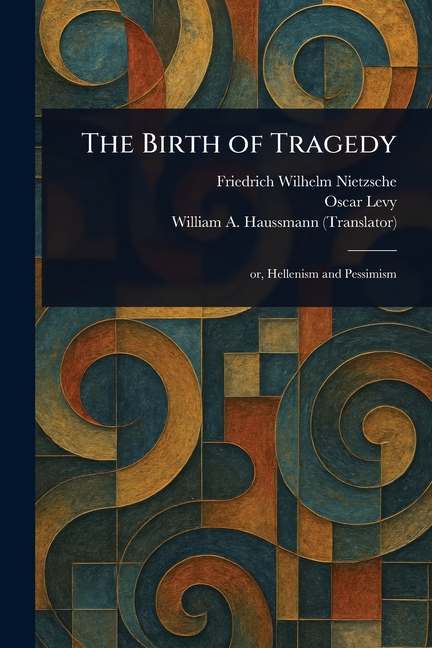Description
Friedrich Nietzsche's "The Birth of Tragedy, or Hellenism and Pessimism" remains a cornerstone of aesthetic philosophy and dramatic theory. In this seminal work, Nietzsche explores the origins of Greek tragedy and its profound connection to both beauty and suffering. He introduces the influential concepts of the Apollonian and Dionysian, two fundamental forces shaping art and human experience.
Delving into the heart of Hellenism, Nietzsche examines how these opposing yet complementary impulses-order and chaos, reason and instinct-manifested in ancient Greek culture and specifically within tragic drama. He argues that tragedy, at its height, offered a unique means of confronting the inherent pessimism of existence through artistic expression.
This enduring work provides invaluable insights into Nietzsche's philosophical framework and his interpretation of the tragic worldview. "The Birth of Tragedy" continues to provoke discussion and inspire readers interested in philosophy, aesthetics, and the enduring power of dramatic art. A foundational text for anyone studying Nietzsche or the history of philosophy.
This work has been selected by scholars as being culturally important, and is part of the knowledge base of civilization as we know it.
This work is in the public domain in the United States of America, and possibly other nations. Within the United States, you may freely copy and distribute this work, as no entity (individual or corporate) has a copyright on the body of the work.
Scholars believe, and we concur, that this work is important enough to be preserved, reproduced, and made generally available to the public. We appreciate your support of the preservation process, and thank you for being an important part of keeping this knowledge alive and relevant.
Product Details
- Mar 28, 2025 Pub Date:
- 1023246511 ISBN-10:
- 9781023246514 ISBN-13:
- English Language




